
Leribe: The Gateway to Lesotho's Highlands
Leribe, also known as Hlotse, is a charming town nestled in the northern part of Lesotho. Surrounded by majestic mountains and verdant landscapes, Leribe offers a serene escape into the heart of nature. The town is an excellent base for exploring the stunning highlands of Lesotho, where you can witness breathtaking views and immerse yourself in the rich culture of the Basotho people. One of the town's highlights is the Leribe Craft Centre, where you can find beautiful handmade crafts and textiles that reflect the vibrant traditions of the local artisans. The center also offers workshops where you can learn about the crafting process and even try your hand at making something unique to take home. Nature lovers will find plenty to do in and around Leribe. The nearby Maloti-Drakensberg Park, a UNESCO World Heritage site, is perfect for hiking and bird-watching. The scenic drives through the mountains offer stunning vistas and opportunities to spot wildlife. Don't miss a visit to the Hlotse River, where you can enjoy a peaceful picnic by the water or try your luck at fishing. Leribe also boasts historical sites like the St. Saviour's Cathedral, a beautiful stone church that stands as a testament to the town's colonial past. The cathedral is a great place to learn about the history and culture of the region. Additionally, the town has several markets where you can experience the local way of life, taste traditional Basotho cuisine, and purchase fresh produce and handmade goods.
Local tips in Leribe
- Visit the Leribe Craft Centre for unique handmade crafts and workshops.
- Explore the Maloti-Drakensberg Park for hiking and bird-watching.
- Take a scenic drive through the mountains for breathtaking views.
- Have a picnic by the Hlotse River and enjoy the tranquil surroundings.
- Stop by St. Saviour's Cathedral to learn about Leribe's history.
- Experience local markets for traditional Basotho cuisine and fresh produce.
Leribe: The Gateway to Lesotho's Highlands
Leribe, also known as Hlotse, is a charming town nestled in the northern part of Lesotho. Surrounded by majestic mountains and verdant landscapes, Leribe offers a serene escape into the heart of nature. The town is an excellent base for exploring the stunning highlands of Lesotho, where you can witness breathtaking views and immerse yourself in the rich culture of the Basotho people. One of the town's highlights is the Leribe Craft Centre, where you can find beautiful handmade crafts and textiles that reflect the vibrant traditions of the local artisans. The center also offers workshops where you can learn about the crafting process and even try your hand at making something unique to take home. Nature lovers will find plenty to do in and around Leribe. The nearby Maloti-Drakensberg Park, a UNESCO World Heritage site, is perfect for hiking and bird-watching. The scenic drives through the mountains offer stunning vistas and opportunities to spot wildlife. Don't miss a visit to the Hlotse River, where you can enjoy a peaceful picnic by the water or try your luck at fishing. Leribe also boasts historical sites like the St. Saviour's Cathedral, a beautiful stone church that stands as a testament to the town's colonial past. The cathedral is a great place to learn about the history and culture of the region. Additionally, the town has several markets where you can experience the local way of life, taste traditional Basotho cuisine, and purchase fresh produce and handmade goods.
When is the best time to go to Leribe?
Iconic landmarks you can’t miss
Maliba Lodge
Discover the enchanting Maliba Lodge: a luxurious retreat in Lesotho's scenic Maluti Mountains, perfect for adventure and relaxation.
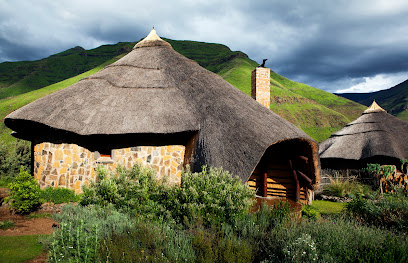
Mahlakapese Guesthouse
Discover the charm of Mahlakapese Guesthouse in Hlotse, a cozy retreat near cultural sites and breathtaking landscapes in the heart of Lesotho.

Basotho Hat
Explore the vibrant Basotho Hat market in Maseru for unique handicrafts and a taste of Lesotho's rich culture and heritage.
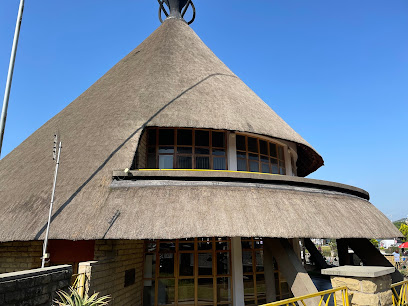
Maletsunyane Falls
Explore the breathtaking beauty of Maletsunyane Falls, one of Southern Africa's highest waterfalls, set in the stunning landscapes of Semonkong, Lesotho.
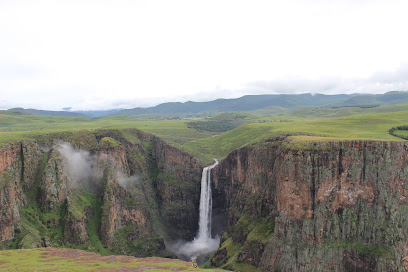
Liphofung Cave,chalets
Explore the stunning Liphofung Cave and Chalets in Khukhune, Lesotho, where nature's beauty meets rich history in a serene mountain retreat.
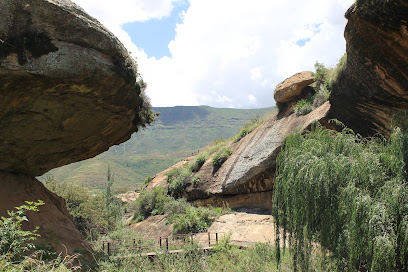
Mafika Lisiu Pass View Point
Explore the stunning landscapes and breathtaking views at Mafika Lisiu Pass View Point, a must-visit nature preserve in Lesotho.
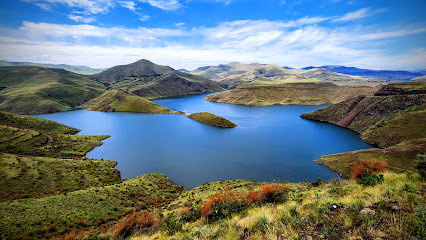
Bird Haven Guesthouse Leribe Lesotho
Discover comfort and local charm at Bird Haven Guesthouse in Leribe, Lesotho, your gateway to stunning landscapes and rich cultural experiences.

Morija Museum & Archives
Discover the rich cultural heritage of the Basotho people at Morija Museum & Archives, a captivating destination for art and history enthusiasts.
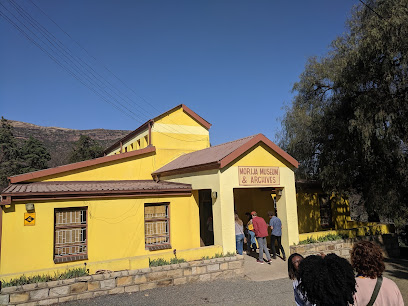
Mohale Dam
Discover the tranquil beauty of Mohale Dam in Lesotho, a serene retreat for nature lovers and adventure seekers alike, offering stunning views and outdoor activities.
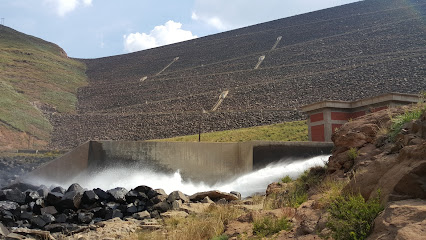
The Lion Rock Mountain
Discover the breathtaking views and rich heritage of Lion Rock Mountain in Maseru, Lesotho's iconic natural landmark.
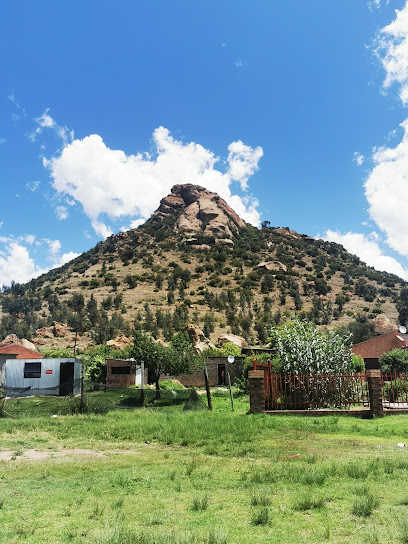
Nexx square
Explore the vibrant heritage and charm of Nexx Square, a cultural landmark in Maseru, Lesotho that showcases the nation's history and artistry.
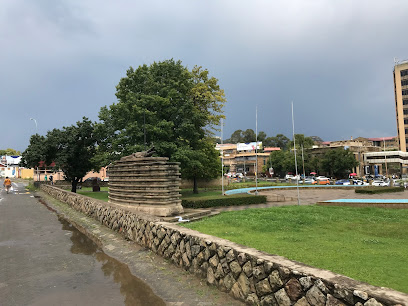
Bokong Nature Reserve
Discover the breathtaking landscapes and diverse wildlife at Bokong Nature Reserve, a national treasure in Lesotho perfect for outdoor adventures.
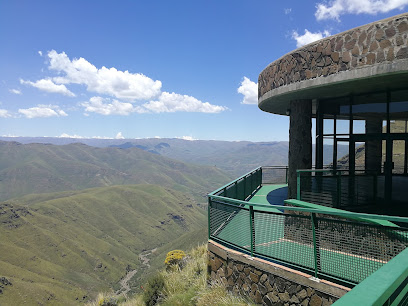
Kome Caves
Discover the breathtaking Kome Caves in Mateka, where ancient history and stunning geology combine for an unforgettable adventure in Lesotho.
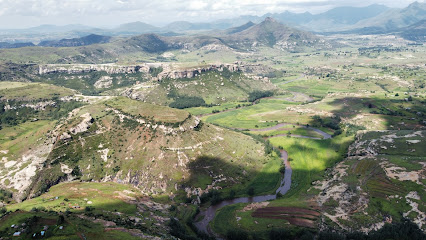
Qacha's Nek Snake Park
Discover the fascinating world of snakes and wildlife at Qacha's Nek Snake Park, a unique nature preserve in Lesotho.
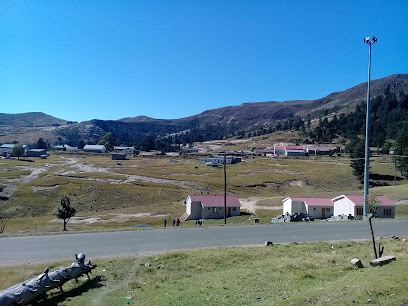
King Moshoeshoe I Royal Graves at Thaba Bosiu
Discover the historical significance and breathtaking beauty of Thaba Bosiu, the royal gravesite of King Moshoeshoe I in Lesotho's majestic landscape.
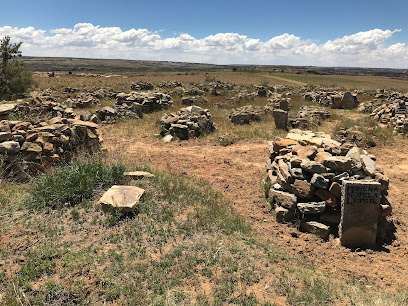
Unmissable attractions to see
Dubai Lesotho
Discover Dubai Lesotho in Butha-Buthe: Nature, culture, and adventure await in this Lesotho gem. Explore scenic landscapes and Basotho traditions.
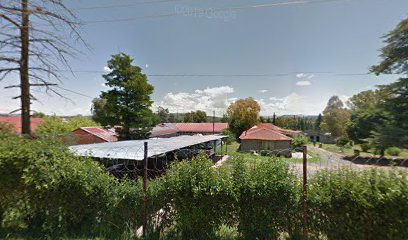
Boribeng Ha Maraisane
Discover Boribeng Ha Maraisane: Where Lesotho's natural beauty meets rich cultural traditions in an unforgettable travel experience.
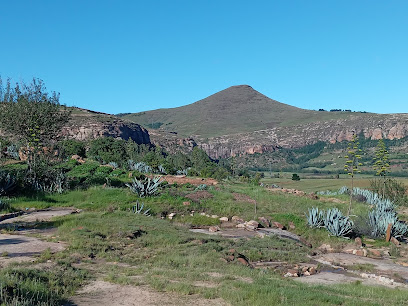
Kimberlite Park
Discover tranquility at Kimberlite Park in Butha-Buthe, Lesotho, a perfect escape for nature lovers and those seeking serene relaxation.
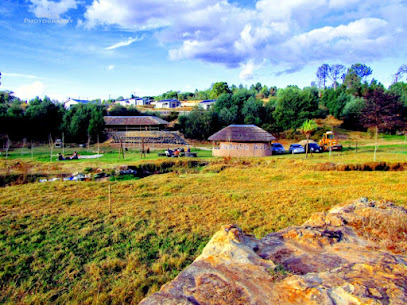
Ha Lehlaha
Escape to the serene beauty of Ha Lehlaha in Hlotse, Lesotho, a perfect garden retreat for relaxation and nature appreciation.

Makopo
Discover Makopo in Butha-Buthe, Lesotho: A scenic escape with majestic mountains, lush valleys, and tranquil hiking trails.

Sekubu Cave (Kubu-se-'mele)
Explore Sekubu Cave in Butha-Buthe: Discover stunning rock formations, rich biodiversity, and serene landscapes in this Lesotho nature preserve.

Essential places to dine
No.7 Restaurant
Experience authentic Basotho flavors at No.7 Restaurant in Maseru – where tradition meets contemporary dining.
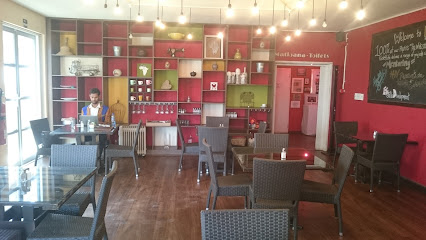
Bird Haven Guesthouse Leribe Lesotho
Discover the warmth of Lesotho hospitality at Bird Haven Guesthouse - your perfect retreat for delicious meals and cozy accommodations.

KFC Butha-Buthe
Experience delicious fast food at KFC Butha-Buthe – where familiar tastes meet local charm amidst stunning landscapes.
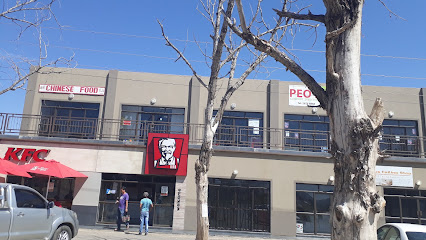
Koti Sphola Restaurant@R2
Discover authentic Basotho cuisine at Koti Sphola Restaurant in Teyateyaneng - where tradition meets taste.
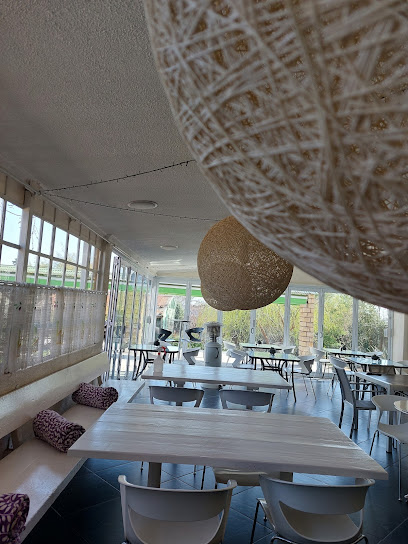
Le Rook's Cafe
Experience the warm hospitality and delicious flavors at Le Rook's Cafe in Hlotse—your perfect culinary getaway.
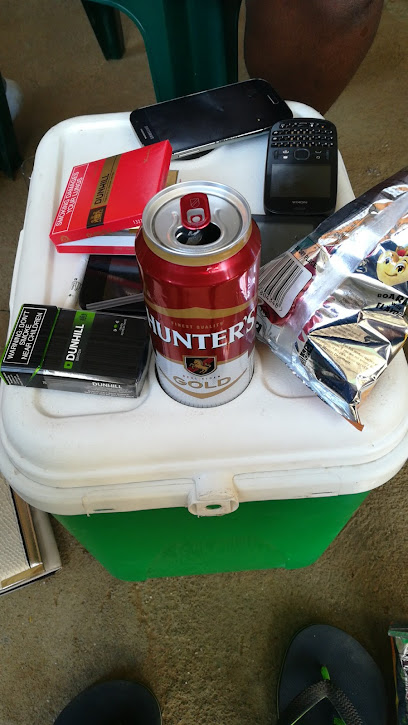
Naleli Guest House
Experience authentic Basotho hospitality at Naleli Guest House – your ideal destination for dining and events in Hlotse.
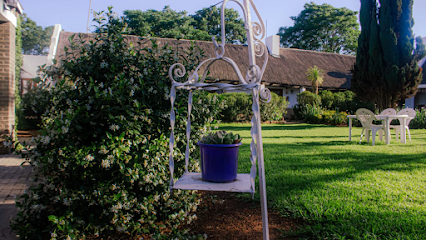
Debonair's pizza
Experience mouthwatering pizza at Debonair's Pizza in Butha Buthe – where fresh ingredients meet creative recipes!
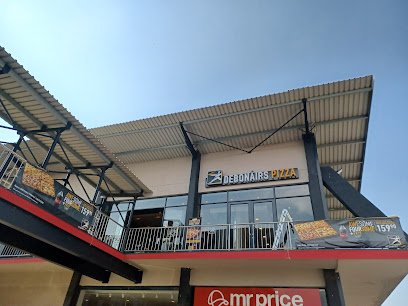
KFC Maputsoe
Indulge in mouthwatering fried chicken and fast food favorites at KFC Maputsoe – your go-to stop for quick bites while exploring.
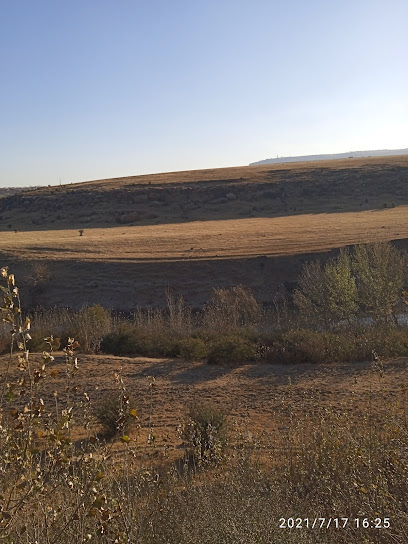
Jimeez 4Sho Chicken and Fish
Discover the best of Lesotho's cuisine at Jimeez 4Sho Chicken and Fish, where every dish celebrates local flavors.
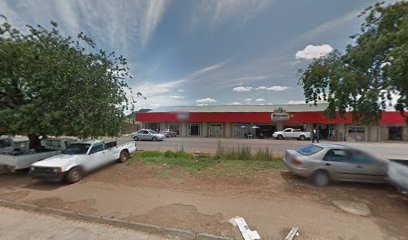
Mammas Chicken
Experience authentic Lesotho cuisine at Mammas Chicken in Maputsoe – where delicious flavors meet warm hospitality.
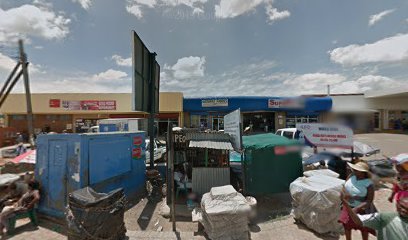
Good Times Valley
Discover authentic Basotho cuisine at Good Times Valley - a culinary haven in Teyateyaneng with delicious flavors and warm hospitality.
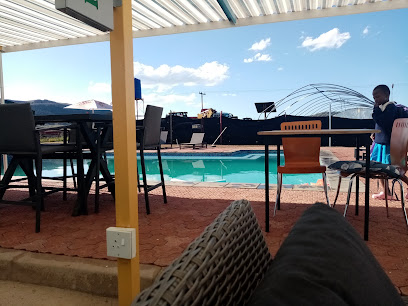
Papillon Fish And Chips
Savor the authentic taste of Lesotho at Papillon Fish And Chips - your destination for delicious seafood and local flavors.
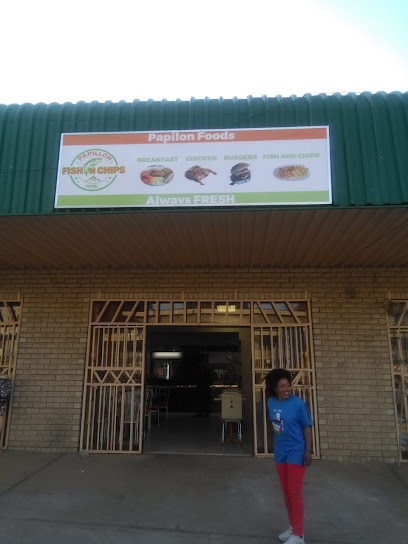
SEASONAL LIQUOR RESTAURANT
Experience authentic pizza and local flavors at Seasonal Liquor Restaurant in Hlotse – a must-visit dining destination for every traveler.
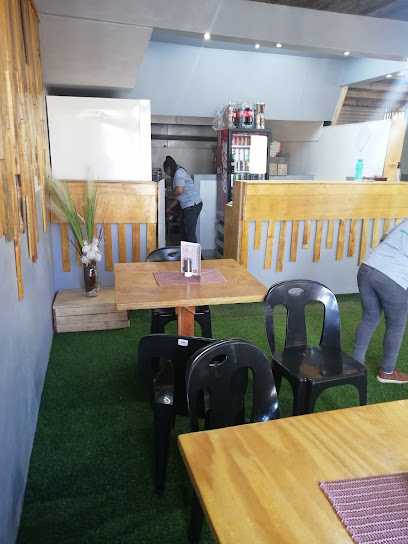
REST MAHALA
Experience exceptional dining at Rest Mahala in A25—where traditional flavors meet modern culinary artistry.
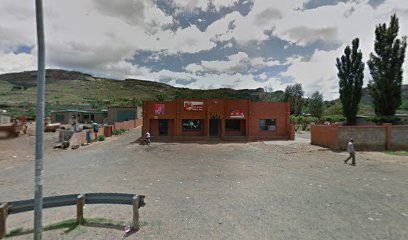
J.O.C. Fish & Chips
Experience authentic local flavors at J.O.C. Fish & Chips in Butha Buthe - where fresh seafood meets warm hospitality.
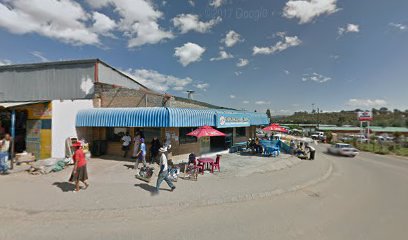
Markets, malls and hidden boutiques
Shoprite Leribe
Discover the vibrant shopping experience at Shoprite Leribe in Butha Buthe, where convenience meets local flavors.
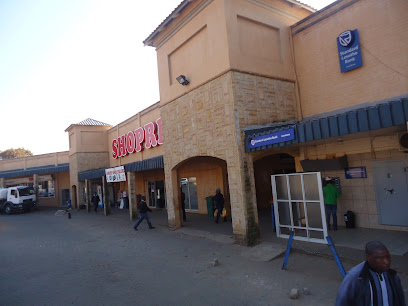
Leribe Craft Centre
Explore the vibrant artistry and rich craftsmanship at Leribe Craft Centre – a must-visit for unique Basotho souvenirs and cultural experiences.
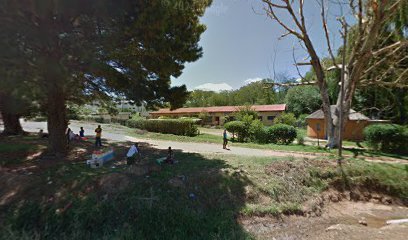
SMS Supermarket Hlotse
Experience the vibrant shopping culture of Hlotse at SMS Supermarket, offering a diverse selection of local and international products.
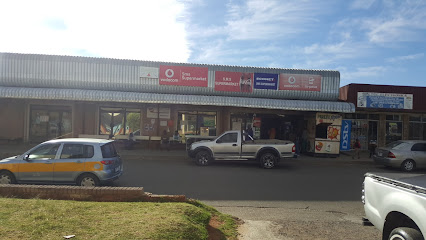
Cashbuild
Explore Cashbuild in Hlotse: Your ultimate destination for building materials, tools, and expert advice in Lesotho.
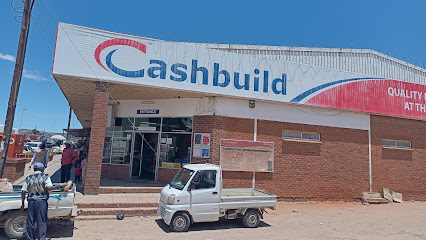
OK Furniture Leribe
Explore OK Furniture Leribe in Hlotse for exquisite local craftsmanship and a wide selection of stylish furniture to enhance your home.
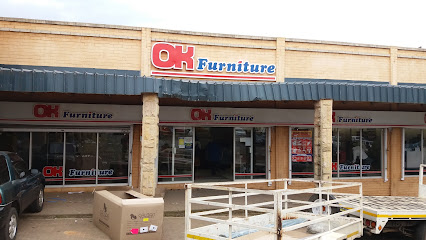
Golden Wonder
Explore Golden Wonder in Hlotse, your ultimate general store for local goods, cultural treasures, and everyday essentials in the heart of Lesotho.
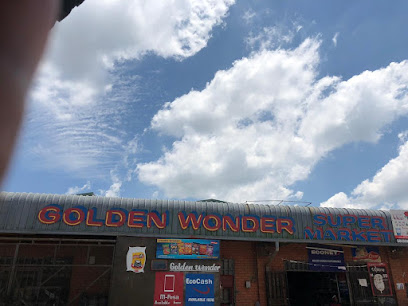
Cty Centre Shopping Centre
Experience the lively shopping atmosphere at Cty Centre Shopping Centre in Hlotse, featuring diverse shops, dining, and local culture.
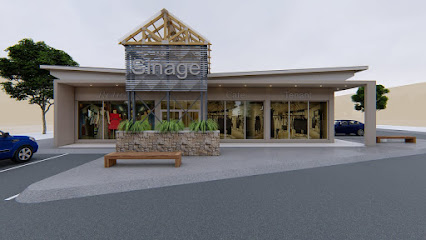
Cosmetic Connection Lesotho
Discover beauty treasures at Cosmetic Connection Lesotho, your go-to destination for cosmetics and home goods in Hlotse.
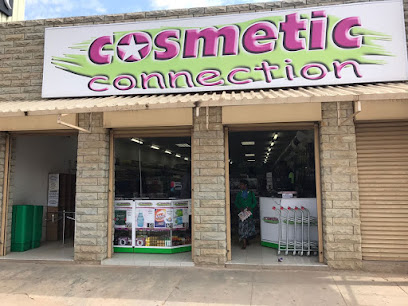
Jet Leribe
Discover the vibrant styles at Jet Leribe in Hlotse, a premier clothing store offering trendy apparel and accessories for every occasion.
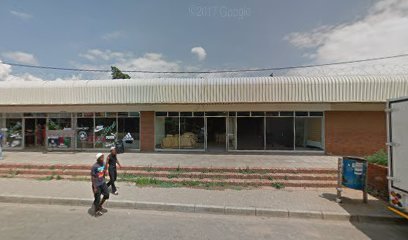
Hardware City
Discover Hlotse's Hardware City: Your go-to destination for quality tools and local craftsmanship.
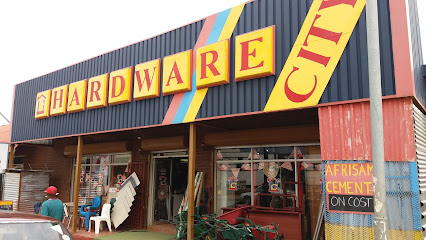
Digit galore
Experience the best of shopping and local culture at Digit Galore, the premier shopping mall in Hlotse, offering a variety of retail and dining options.
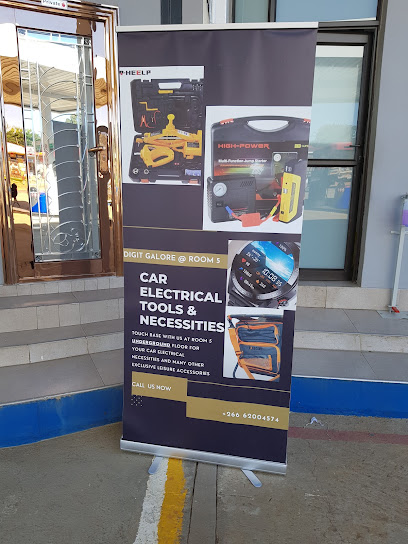
Red Rose Supermarket
Explore Red Rose Supermarket in Hlotse for a vibrant shopping experience with fresh local produce and unique cultural goods.
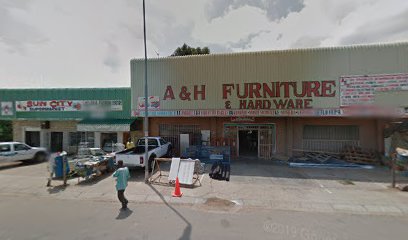
Dunns Leribe
Discover the essence of local fashion at Dunns Leribe, your go-to clothing store in Hlotse for stylish men's and women's apparel.
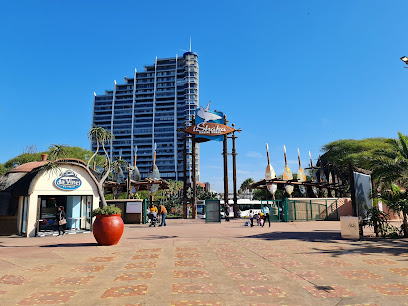
Lewis Leribe
Discover quality furniture and home essentials at Lewis Leribe in Hlotse, South Africa, your one-stop shop for style and comfort.
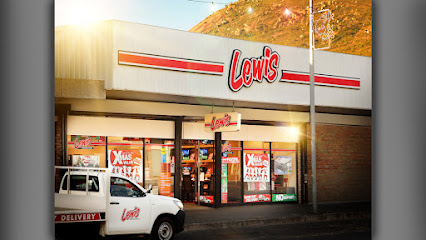
Pen & Pencil Stationers & Bookshop
Discover unique office supplies and local literature at Pen & Pencil Stationers & Bookshop in Hlotse, a delightful spot for every traveler.
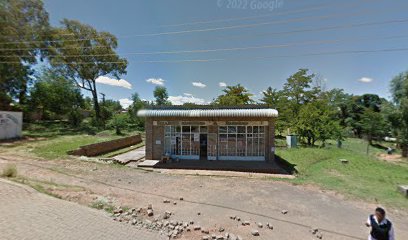
Essential bars & hidden hideouts
Bird Haven Guesthouse Leribe Lesotho
Experience local flavors and warm hospitality at Bird Haven Guesthouse in Leribe, Lesotho, your cozy retreat for cultural exploration.

Maluti Mountain Brewery
Discover the essence of Lesotho at Maluti Mountain Brewery, where local craftsmanship meets breathtaking mountain views.
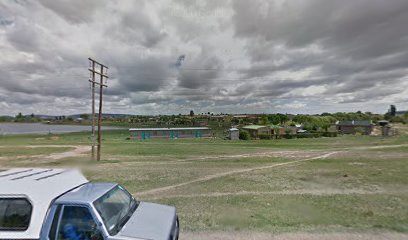
Dancing Bean Cafe
Experience the warm ambiance and delightful beverages at Dancing Bean Cafe in Butha Buthe, a perfect spot for relaxation and socializing.
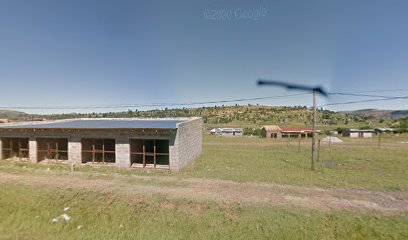
MosJoint
Experience the vibrant nightlife at MosJoint, where great drinks and a lively atmosphere come together for an unforgettable evening.

Holy Cross Bar
Experience the lively atmosphere and local flavors at Holy Cross Bar in Teyateyaneng, a must-visit for travelers seeking authentic nightlife.
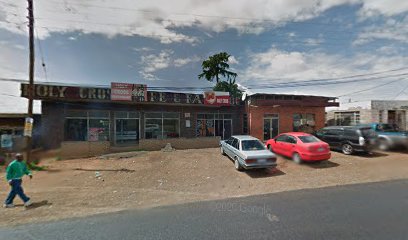
Leribe Fish & Chips
Discover the authentic taste of Lesotho with crispy fish and chips at Leribe Fish & Chips in Hlotse, a culinary delight for every traveler.
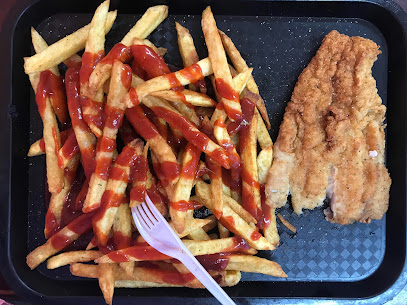
Black Box Pub & GRILL
Immerse yourself in the lively ambiance of Black Box Pub & Grill in Butha Buthe, where delicious food and drinks meet vibrant nightlife.
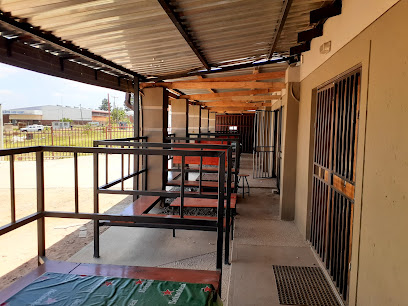
Loud Avenue Garden
Experience the vibrant nightlife at Loud Avenue Garden, a social hub in Matsohani offering exquisite cocktails and local entertainment.
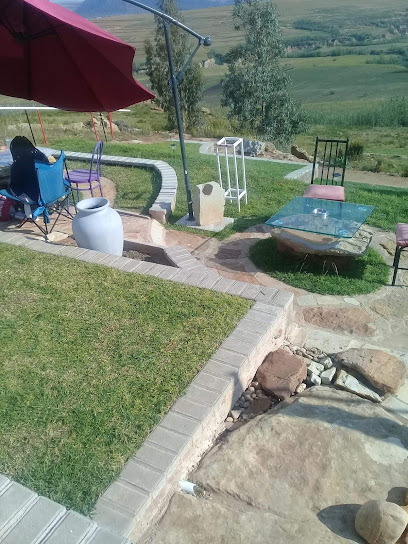
Rockerfella Carwash
Experience the unique blend of car care and socializing at Rockerfella Carwash in Hlotse, where relaxation meets vibrant nightlife.

Lekhetho's Tarven
Discover the heart of Hlotse's nightlife at Lekhetho's Tarven, where local culture meets vibrant social atmosphere.

Getto Julious Sheb and General Cafe
Experience the vibrant local culture at Getto Julious Sheb and General Cafe, a must-visit bar in Maputsoe for authentic drinks and delicious cuisine.
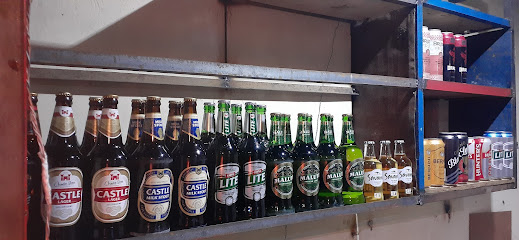
Hollywoodbets
Experience the thrill of live sports at Hollywoodbets, the ultimate sports bar in Butha Buthe, where fans unite to cheer their teams.
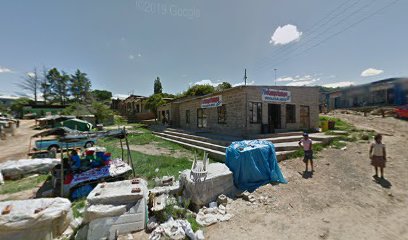
Sweet Friends
Experience the local charm of Hlotse at Sweet Friends, a cozy bar serving drinks and good vibes in the heart of Lesotho.

Maputsoe
Experience the lively bar scene of Maputsoe, where local culture meets refreshing drinks and vibrant entertainment for an unforgettable night.

Local Phrases
-
- HelloLumela
[loo-MEH-lah] - GoodbyeTsamaea hantle
[tsah-MAH-eh HAHN-tleh] - YesEa
[EH-ah] - NoChe
[cheh] - Please/You're welcomeKa khotso
[kah KHOT-so] - Thank youKea leboha
[KEH-ah LEH-boh-hah] - Excuse me/SorryTlamele
[tlah-MEH-leh] - How are you?U phela joang?
[oo PEH-lah jwahng] - Fine. And you?Ke phahla. Le u joang?
[keh PAH-lah. leh oo jwahng] - Do you speak English?Na u bua setsoa se secha?
[nah oo BOO-ah set-SO-ah seh seh-KHA] - I don't understandHa ke utloa
[hah keh oot-LOH-ah]
- HelloLumela
-
- I'd like to see the menu, pleaseKe kopa ho bona menu, hape
[keh KOH-pah hoh BOH-nah MEH-noo, HAH-peh] - I don't eat meatHa ke ile ka thunya
[hah keh EE-leh kah TOO-nyah] - Cheers!Phokeng!
[poh-KENG] - I would like to pay, pleaseKe kopa ho fumana
[keh KOH-pah hoh foo-MAH-nah]
- I'd like to see the menu, pleaseKe kopa ho bona menu, hape
-
- Help!Bohlokoa!
[boh-loh-KOH-ah] - Go away!Tlameha!
[tlah-MEH-hah] - Call the Police!Bula poilesi!
[BOO-lah poh-ee-LEH-see] - Call a doctor!Bula mohloki!
[BOO-lah moh-HLOH-ki] - I'm lostKe ile ka khutlwa
[keh EE-leh kah khooh-TLOH-wah] - I'm illKe letheka
[keh leh-TEH-kah]
- Help!Bohlokoa!
-
- I'd like to buy...Ke kopa ho rekisa...
[keh KOH-pah hoh reh-KEE-sah] - I'm just lookingKe kena kene
[keh KEH-nah KEH-neh] - How much is it?Ke bokae?
[keh boh-KAH-eh] - That's too expensiveEna e kae kapa
[eh-nah eh KAH-eh KAH-pah] - Can you lower the price?Na u etsa tse tla?
[nah oo EHT-sah tseh TLAH]
- I'd like to buy...Ke kopa ho rekisa...
-
- What time is it?Ke nako mang?
[keh NAH-koh mahng] - It's one o'clockKe nako ya nnyane
[keh NAH-koh yah nyah-nyah-neh] - Half past (10)Ke nako ya matsoho a metsi
[keh NAH-koh yah MAHT-soh-hoh ah MEH-tsee] - MorningBoha
[BOH-hah] - AfternoonEo
[EH-oh] - EveningKhotso
[KHOT-soh] - YesterdayNaha
[NAH-hah] - TodayNako eo
[NAH-koh EH-oh] - TomorrowNako kholo
[NAH-koh KHOH-loh] - 1Motsamai
[moht-sah-MAH-ee] - 2Moea
[moh-EH-ah] - 3Morena
[moh-REH-nah] - 4Mokorotlo
[moh-koh-ROH-tloh] - 5Moeono
[moh-EH-oh-noh] - 6Moraro
[moh-RAH-roh] - 7Mokete
[moh-KEH-teh] - 8Moletlo
[moh-LEH-tloh] - 9Mooraro
[moh-oh-RAH-roh] - 10Moshoeshoe
[moh-SHWEH-shweh]
- What time is it?Ke nako mang?
-
- Where's a/the...?Kae ho...
[kah-eh hoh] - What's the address?Ho kae?
[hoh kah-eh] - Can you show me (on the map)?Na u nkae (ka mapetla)?
[nah oo n-KAH-eh (kah mah-peh-tlah)] - When's the next (bus)?Ke nako efe?
[keh NAH-koh EH-feh] - A ticket (to ....)Litshebele (ho ....)
[leet-SHEH-beh-leh hoh]
- Where's a/the...?Kae ho...
History of Leribe
-
Leribe, also known as Hlotse, is a district in northern Lesotho with a rich history dating back to the early 19th century. The district was originally inhabited by the San people, also known as Bushmen, who left behind rock art in the surrounding mountains. The Basotho people, under the leadership of King Moshoeshoe I, later established settlements in the area, using the mountainous terrain as a natural defense against invaders.
-
In the mid-19th century, European missionaries began arriving in Leribe. Notably, the French Protestant missionaries from the Paris Evangelical Missionary Society played a significant role in the region's development. They introduced Christianity, Western education, and modern agricultural techniques to the Basotho people. The mission stations became centers of learning and cultural exchange, leaving a lasting impact on the community.
-
Leribe played a crucial role during the Gun War, a conflict between the Basotho people and the British Cape Colony. The war, which took place between 1880 and 1881, was sparked by the imposition of disarmament laws by the British. The Basotho, fiercely protective of their firearms used for hunting and defense, resisted the British forces. Leribe became a key battleground, with several skirmishes occurring in the area. Despite the conflict, the Basotho retained their firearms and autonomy, cementing their resilience and determination.
-
During the colonial era, Leribe continued to develop under British rule. The district saw improvements in infrastructure, including roads and administrative buildings. However, the desire for independence grew among the Basotho people. In 1966, Lesotho gained independence from Britain, and Leribe became an important district in the newly formed nation. The town of Hlotse, the district's capital, emerged as a vibrant center of commerce and culture.
-
Leribe is renowned for its rich cultural heritage and traditional practices. The Basotho people in the region continue to celebrate their customs through vibrant festivals, music, and dance. The traditional attire, known as the 'Basotho blanket', is a symbol of pride and identity. Visitors to Leribe can witness traditional ceremonies, such as the 'Mokete' feast, which showcases the local cuisine and communal spirit. The district is also known for its skilled artisans who create intricate crafts, including pottery and beadwork.
-
Leribe is blessed with stunning natural landscapes that attract tourists from around the world. The district is home to the Maloti Mountains, offering breathtaking views and opportunities for hiking and outdoor activities. The Hlotse River, which flows through the district, provides a serene setting for picnics and relaxation. Additionally, the Leribe Craft Centre is a popular destination where visitors can purchase locally made crafts and support the community. The district's natural beauty and cultural attractions make it a must-visit destination in Lesotho.
Leribe Essentials
-
Leribe is located in the northern part of Lesotho. The nearest international airport is Moshoeshoe I International Airport in Maseru, approximately 110 kilometers away. From Maseru, you can take a taxi or a local minibus (known as 'Kombi') to Leribe. The journey typically takes around 2 to 3 hours by road.
-
Within Leribe, local minibuses and taxis are the primary modes of transportation. These are relatively inexpensive and can take you to most places within the town and surrounding areas. For more flexibility, you can rent a car but be aware that roads can be in varying conditions. Walking is also a viable option for short distances.
-
The official currency in Lesotho is the Lesotho Loti (LSL), which is pegged to the South African Rand (ZAR). Credit cards are accepted in some hotels, restaurants, and shops, but it is advisable to carry cash, especially in smaller establishments and rural areas. ATMs are available in Leribe, but it is wise to withdraw sufficient cash before traveling to ensure you have enough funds.
-
Leribe is generally a safe destination for tourists, but like any travel destination, it is advisable to take standard precautions. Avoid walking alone at night in unfamiliar areas and keep an eye on your belongings in crowded places. While there are no specific high-crime areas targeting tourists, being vigilant and aware of your surroundings is always a good practice.
-
In case of emergency, dial 112 for immediate assistance. Leribe has local police stations and medical facilities available. It is recommended to have travel insurance that covers medical emergencies. For minor health issues, there are pharmacies in the town where you can purchase over-the-counter medications.
-
Fashion: Do dress modestly, especially when visiting religious sites. Avoid wearing revealing clothing. Religion: Do respect local customs and traditions. Always remove your hat when entering churches and other religious places. Public Transport: Do be respectful and give up your seat to elderly passengers. Don't eat or drink on public transport. Greetings: Do greet people with a handshake. A slight bow of the head is also a sign of respect. Eating & Drinking: Do try local delicacies and accept food offerings graciously. Don't refuse hospitality, as it is considered impolite.
-
To experience Leribe like a local, visit the local markets where you can buy fresh produce and traditional Basotho goods. Engage with locals, as they are often friendly and willing to share stories about the town's history and culture. Don't miss visiting the Leribe Craft Centre to see and purchase beautiful handmade crafts. For a unique experience, explore the nearby Maluti Mountains and enjoy the stunning natural scenery.
Trending Landmark in Leribe
-
Maliba Lodge
-
Mahlakapese Guesthouse
-
Basotho Hat
-
Maletsunyane Falls
-
Liphofung Cave,chalets
-
Mafika Lisiu Pass View Point
-
Bird Haven Guesthouse Leribe Lesotho
-
Morija Museum & Archives
-
Mohale Dam
-
The Lion Rock Mountain
-
Nexx square
-
Bokong Nature Reserve
-
Kome Caves
-
Qacha's Nek Snake Park
-
King Moshoeshoe I Royal Graves at Thaba Bosiu
Nearby Cities to Leribe
-
Things To Do in Butha-Buthe
-
Things To Do in Teyateyaneng
-
Things To Do in Maseru
-
Things To Do in Thaba-Tseka
-
Things To Do in Mokhotlong
-
Things To Do in Mafeteng
-
Things To Do in Mohale's Hoek
-
Things To Do in Quthing
-
Things To Do in Bloemfontein
-
Things To Do in Johannesburg
-
Things To Do in Durban
-
Things To Do in Kimberley
-
Things To Do in Pretoria
-
Things To Do in Malkerns
-
Things To Do in Mbabane






